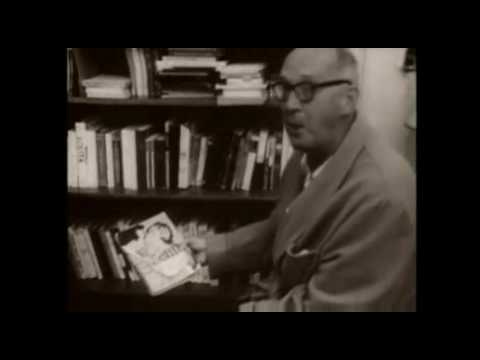020 - Russian Objects
Knock knock, whose Daak?
I was writing mundane things down on a journal when I felt compelled to digress, and I wrote a breakdown of Things vs Objects:
Objects Things
- Craft || - Utility
- Meaningful || - Convenient
- Passed || - Discarded
- For Creators || - For Consumers
I then wrote below that -
Objects last, Things sell.
This is Bombay Daak, and today we time to travel to read in Russia a hundred years back.
The Book as an Object
In hindsight, I suppose that digression happened under the influence of a video I saw of Nabokov earlier.
The excitement he has for the book covers of the various translations of his classic Lolita fascinated me. I pictured a reader of each of those editions - Turkish, French, German, and I thought of what would their reaction be? Will they be equally excited about all the other languages of the book other than their own? Will they care more about the story of Lolita than the book. I suppose, left to me, the answer is clear.
But readers can turn a book from a thing they read to an object they owned as well right. And quite easily at that with annotations and highlights, perhaps a signed copy. All things we have become objects we own when we leave a piece of ourselves in them. [^1]
What Happened to Russian Literature in the 19th Century? And What Happened now?
Nabokov’s work is firmly placed in the Russian canon. That his legacy was cemented with his works in English is strangely an unintended commentary on the Russian literary pantheon. I sometimes consider him standing at the end of the line that started in the middle of the 19th century.
Two questions arise at that point -
What made Russian literature of the 19th century so influential?
What is happening with Russian writing today? And why isn’t it as influential now?
I mean, there’s no commentary on short stories that doesn’t mention Chekov. I recently saw a session where a professor said no historian amounts to anything until they read War and Peace. Jordan Peterson and J Devika are poles apart in the worlds they inhabit and their world view, yet both revere Dostoyevsky.
Thankfully, and expectedly, I wasn’t the only one asking the first question.
the 19th-century Russian writers so distinctive — why we still read them with such pleasure and fascination — is the force, the directness, the honesty and accuracy with which they depicted the most essential aspects of human experience
Says Francine Prose in her argument, while Benjamin Moser, in the same piece concludes that Russian writing then moved out of the formal school and with that spoke universally. That Russia’s size, its surface and soul was a slice of that of the world’s.
I, of course, paraphrase.
One gathers that it was the novelty of the subject and the way it was tackled that left the mark. So the answer is bloody good writing that everyone saw and felt. And it seems to hold true even decades later.
Modern Russian writing on the other hand is plagued with the same maladies that afflict other societies. Writer’s don’t have an influence on the Russian society anymore. Publishers want writers to write what will sell. And what sells is flashy, pacy, light fiction. Work that entertains then teach.
That point on influence drove me straight to a poet’s funeral. It’s startling trivia that when poet Mayakovsky died, his funeral was the largest ever gathering (outside of Lenin’s and Stalin’s). That’s influence.
Mayakovsky - Frank o’Hara
(an excerpt)
That’s funny! there’s blood on my chest
oh yes, I’ve been carrying bricks
what a funny place to rupture!
and now it is raining on the ailanthus
as I step out onto the window ledge
the tracks below me are smoky and
glistening with a passion for running
I leap into the leaves, green like the sea
This poem is from Frank o Hara’s Meditations in an Emergency [^2]. That book is an object then; I am happy to leave a piece of me in it.
Manuscripts Don’t Burn
You haven’t, but if you had asked, I would have told you that my favourite piece of Russian literature is Bulgakov’s Master and Margarita.
I haven’t come across a book that struts across so many genres with such ease. There’s a chapter in it called The last Adventure of Koroview and Behemoth. Oh man! A lesson in digression in a novel. You could take it out from the story and nothing would change, but a big gaping hole will still remain.
The book is also my favourite way to travel to Moscow.
Who is your favourite Russian? I’d love to know.
Endnotes from the Underground
[1] It is interesting to note that Kindle lets you do all that and more, but you wouldn’t call an ebook inside a reader an object. Not to diss on it, it’s a very practical and useful tool, perhaps a meta-object even. But to truly own something you have to put a piece of yourself on it, and what’s more you than your words written with your hand?
[2] A reading of the Mayakovsky poem. Get done with everything you have today. See all that you have to see. Say all that you have to say. And then sit down, relax, dim the lights, look out the window, and play this.


